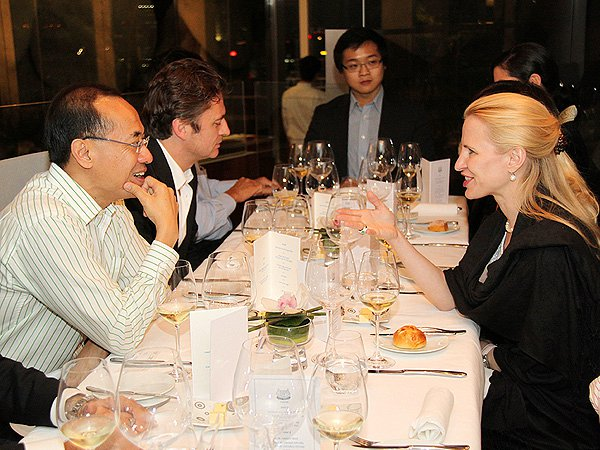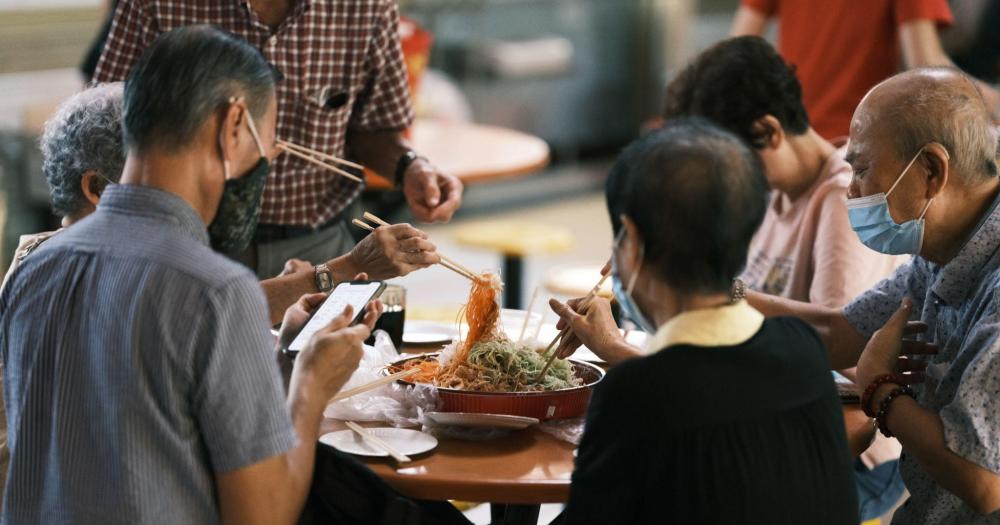Follow us on Telegram for the latest updates: https://t.me/mothershipsg
George Yeo: Musings is a collection of just that: The former foreign minister’s musings across various diverse topics.
Series One, the first of three books, contains Yeo’s thoughts about identity, Singapore’s diversity, and how this affects the country’s relationships with the rest of the world, including China and India.
The book is written by Yeo, with Woon Tai Ho, and published by World Scientific. It will be available at all major bookstores from September 2022, but Mothership readers can pre-order a copy here with the promo code “WSMSGY20” and get 20 per cent off.
An excerpt from Chapter 3, “Big Singapore”, is reproduced here.
By George Yeo, with Woon Tai Ho
As Foreign Minister, I was keen to build Singapore’s friendships with other small countries.
In the United Nations (UN), most countries are small. The solidarity of small countries is an important aspect of our foreign policy.
I disliked how Singapore was described as punching above her weight, as if we have become too big for our boots. Such boasts do not endear us to other small countries. The higher we climb, the more we have to turn back and help others move up the ladder.
I enjoyed visiting other small countries. Visiting big countries, I was sometimes made to feel like a supplicant.
After one World Economic Forum in Davos, I visited Liechtenstein, a tiny nation of 38,000 people sandwiched between Austria and Switzerland. There is a joke that if you take a nap in the car, you might miss the country completely.
My host, Foreign Minister Aurelia Frick, could hardly believe her ears when I said I was going to spend a night there. I was intrigued by her beautiful little country and wanted to get a sense of it. We became good friends. Long after I left government, she would still ask after me. Till today, the wallpaper on my iPad is a picture of Liechtenstein.
 George Yeo and Liechtenstein’s then-Foreign Minister Aurelia Frick in 2011. Photo via George Yeo on Facebook.
George Yeo and Liechtenstein’s then-Foreign Minister Aurelia Frick in 2011. Photo via George Yeo on Facebook.
Aurelia shared Liechtenstein’s policy on immigration with me. Despite its tiny population, Liechtenstein is careful in whom it takes in as new citizens. Citizenship is conditional on the acceptance of the individual by the local community. Only a few dozen residence permits are given every year. All new migrants must learn German. Most importantly, local Liechtensteinians must feel that you can be one of them.
I have been floating a similar proposal to former colleagues in the Singapore government. Before approving new citizenships, why not run candidates past a jury of ordinary Singaporeans? Let them be interviewed first.
We can tell the jury that they should not blackball too many candidates, maybe, let us say, two out of 10. They should be provided with the applicant’s background and allowed to ask whatever questions they wish.
Let us say a wealthy businessman from China wants to become a citizen. Our jury can ask him about his knowledge of Malays and Indians in Singapore. Does he know what halal means?
When an Indian walks in, they can ask him how he would relate to local Indians, many of whom might have descended from castes lower than his. Of course, words are just words. What have they actually done to benefit ordinary Singaporeans?
Such a process would alter the psychology of new citizenships. Word would get around with lightning speed among applicants that they have not only to impress the Economic Development Board (EDB) and Ministry of Manpower (MOM), but also ordinary Singaporeans.
Ordinary Singaporeans will feel that they have a say in who can become fellow Singaporeans.
Like anxious parents wanting their children to get into good schools, prospective citizenship applicants will build up a track record of local involvement. I would suggest a further step: that the status of new citizens be provisional for, say, five years.
Top photo by Galen Crout on Unsplash
If you like what you read, follow us on Facebook, Instagram, Twitter and Telegram to get the latest updates.
